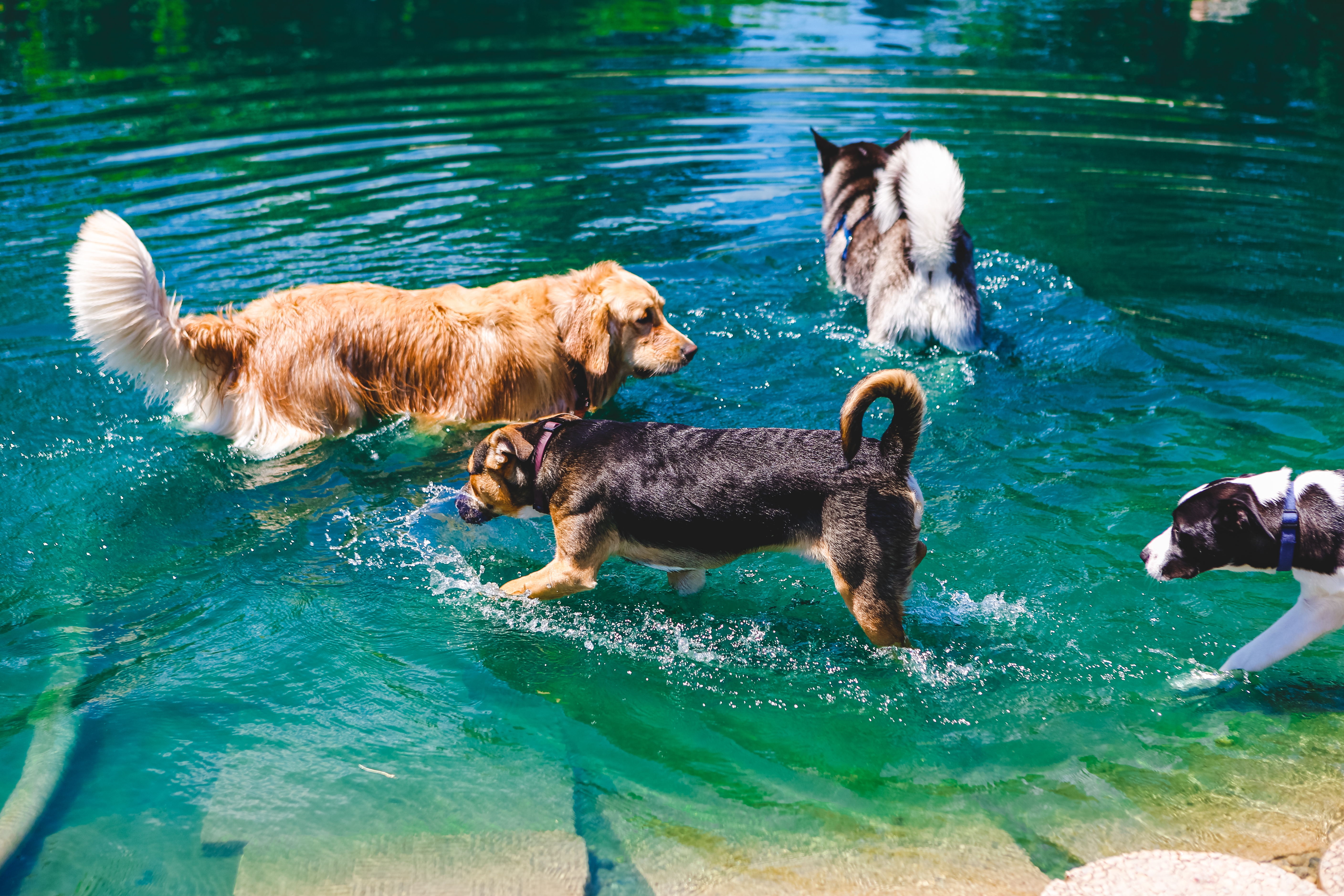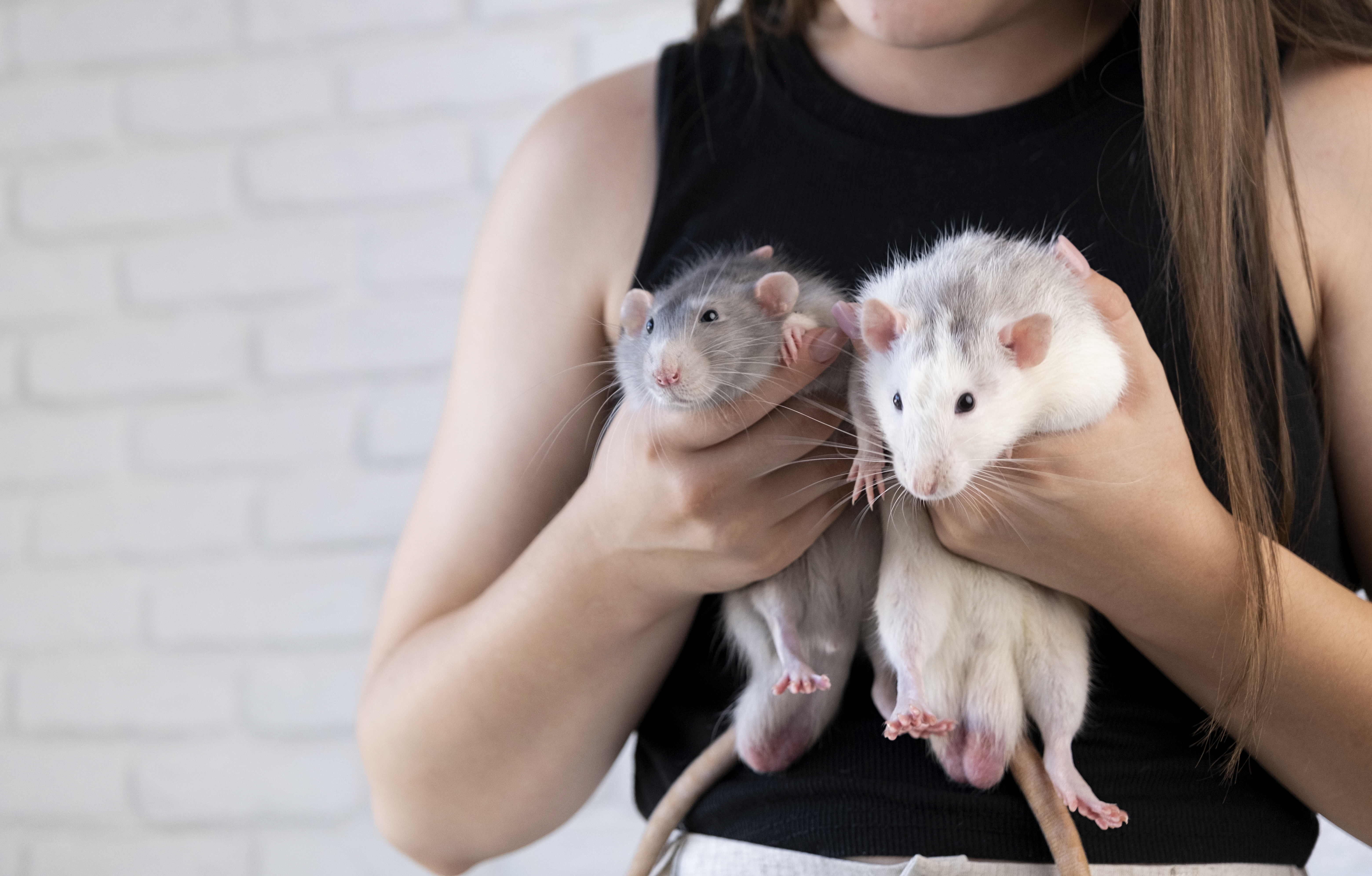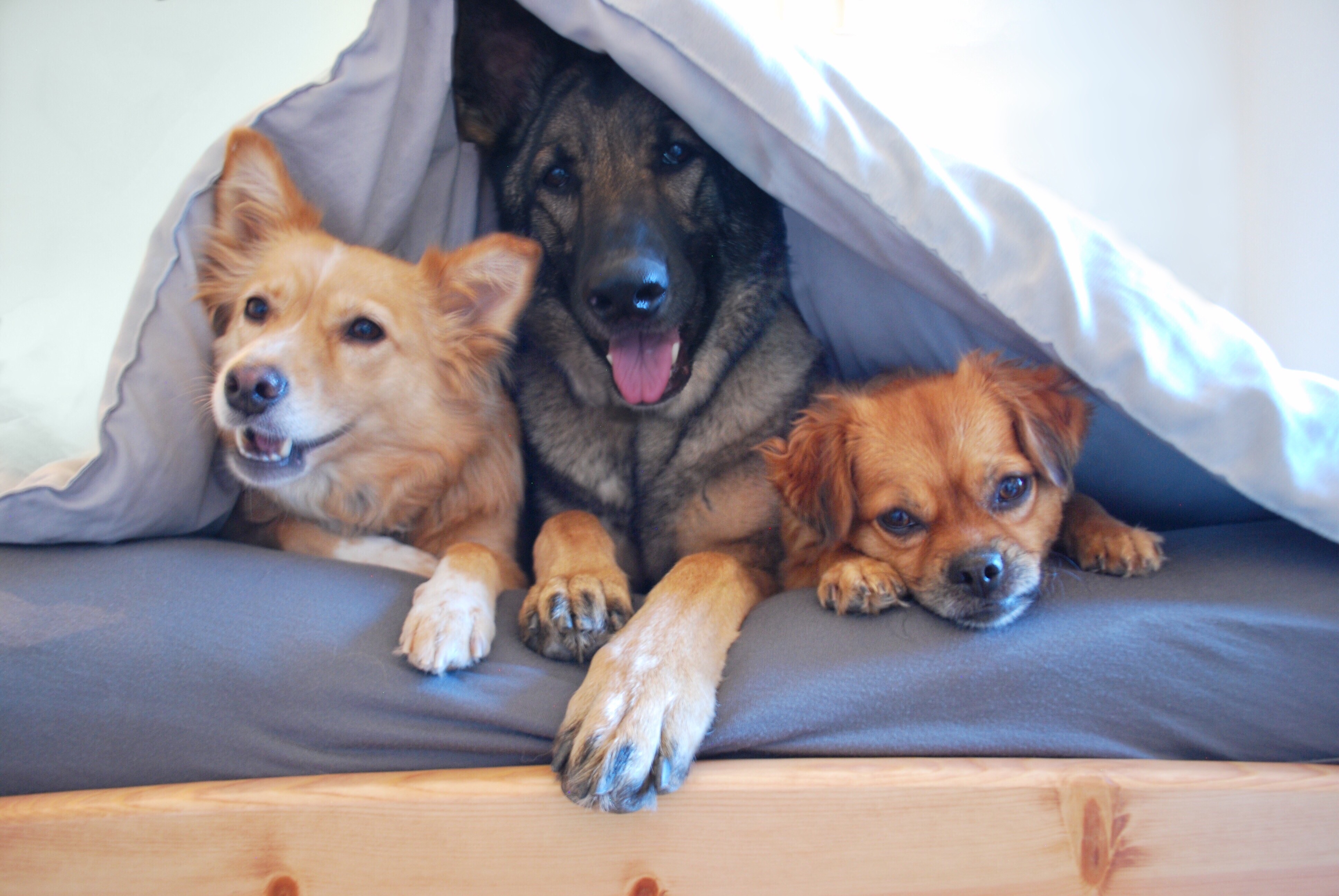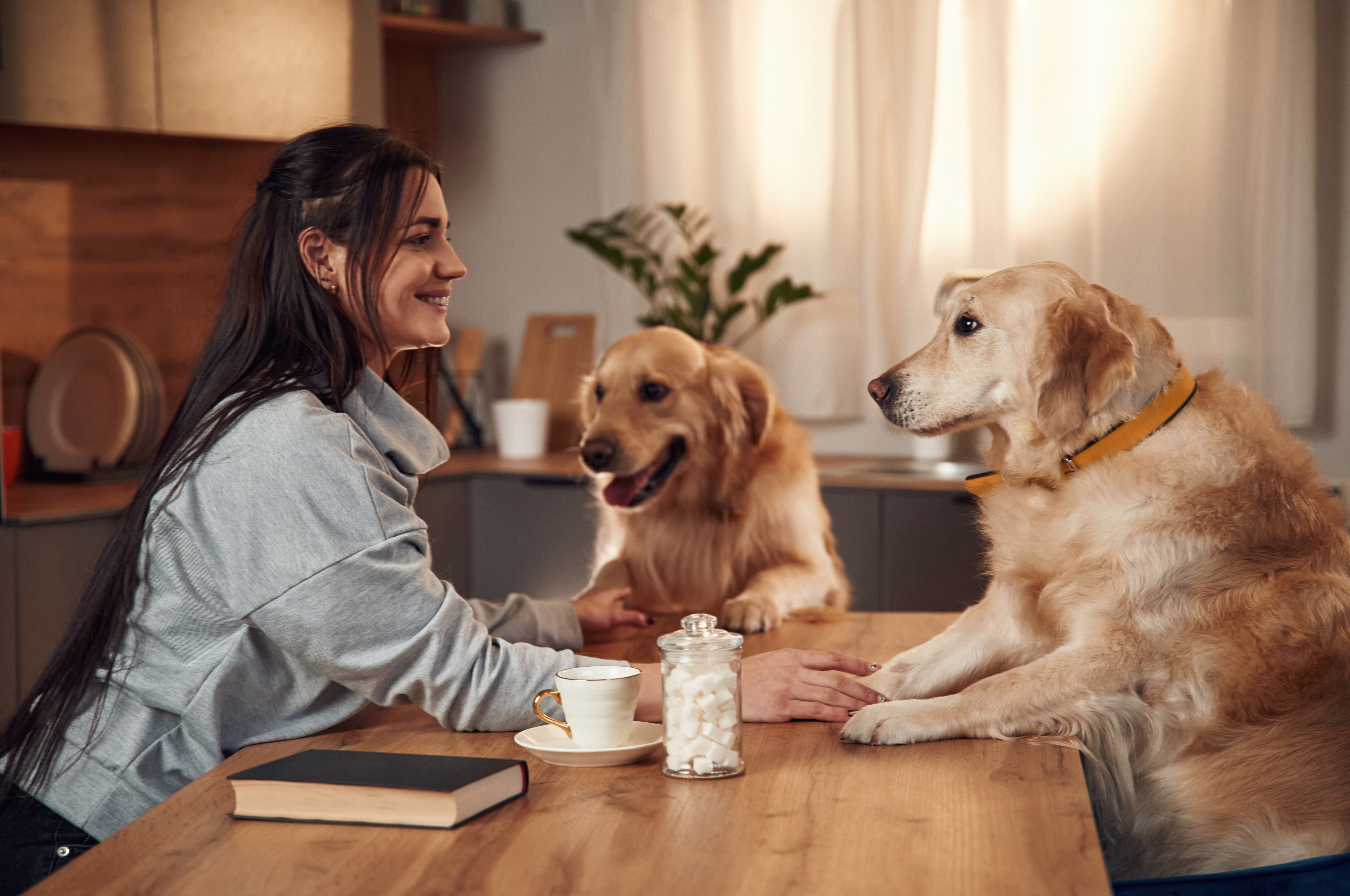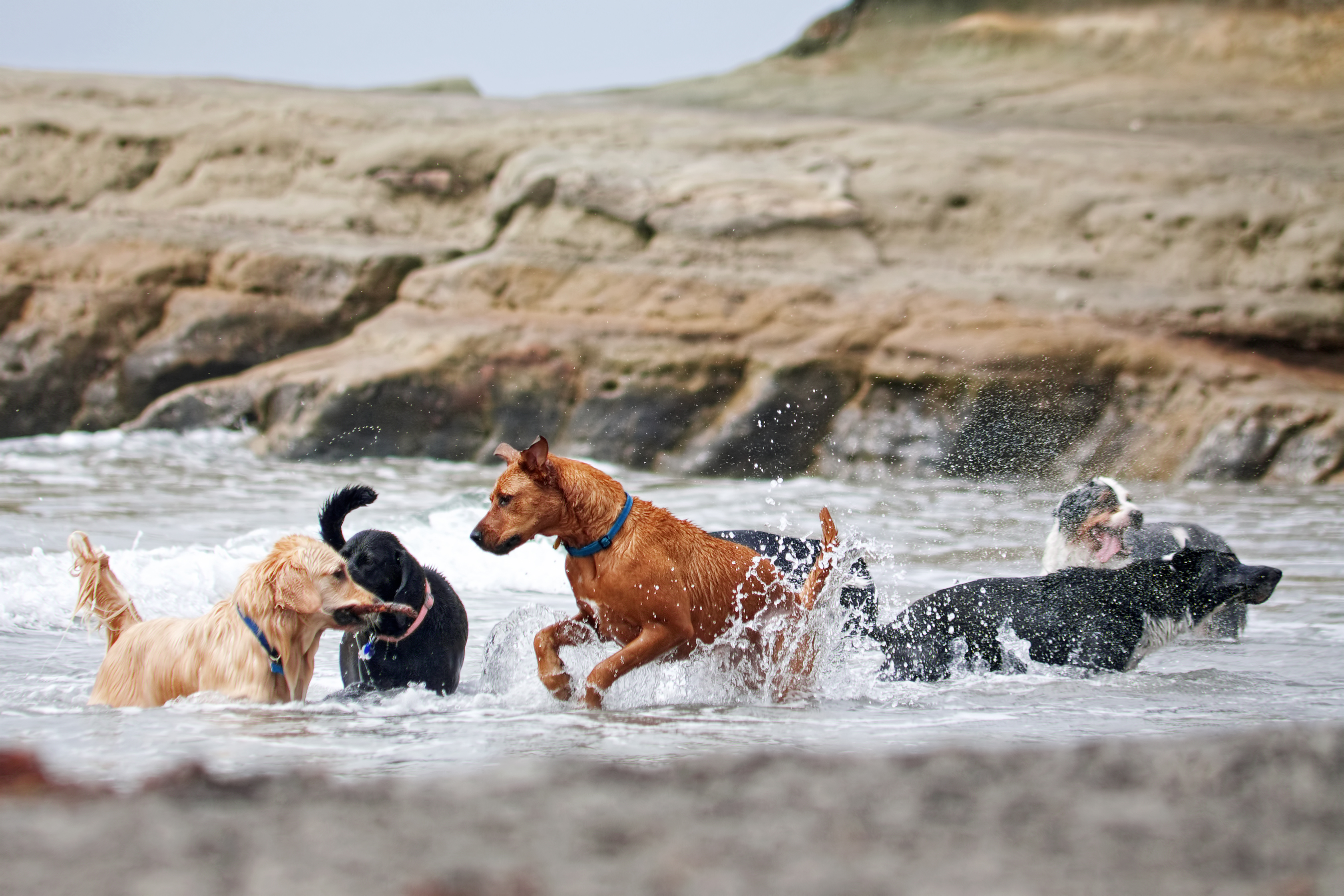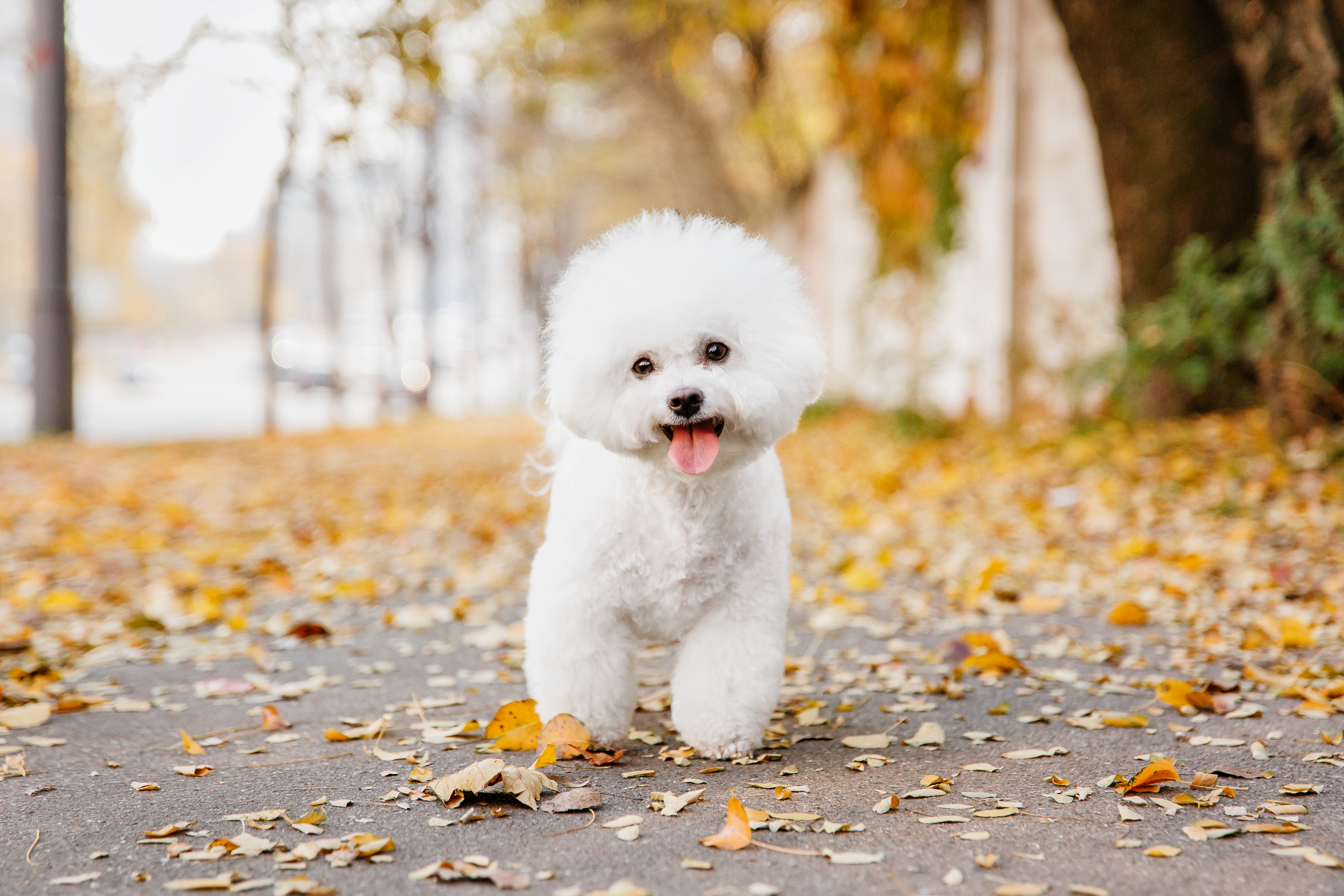How To Treat Aggressive Behavior In Dogs
Being a dog owner is a huge responsibility. If you've got a four-legged friend, you're responsible not only for keeping your canine companion safe and healthy, but also ensuring others around them are safe. Unfortunately, those who don't take the time to properly train their dogs can find themselves dealing with major aggression issues that can not only put others in danger, but that might cause major problems for both you and your dog. Fortunately, there are ways you can treat aggressive behavior in your pet. If you're willing to commit, you can help ensure your pup stays a friendly and loyal companion for years to come.
Consult A Veterinarian

It's always important to take a look at your dog's health before committing to any other training program. There are actually several health conditions that can cause your dog to act out, ranging from simple conditions that can be easily treated to those that might require more in-depth medical solutions. Remember, a dog can't vocalize what feels bad, so they might act out in order to communicate the fact they're in pain. As such, issues like arthritis in an older dog or even a dental condition in an otherwise-healthy animal can lead to bursts of aggression. If you notice your dog has suddenly changed from a happy and healthy pup to one who tends to be more aggressive, your first visit needs to be to the vet's office. With luck, your decision to consult a veterinarian can lead to a diagnosis and a treatment plan that will get your dog back to a sunnier disposition.
Keep reading to learn about other ways to manage aggressive behavior in dogs now.
Work With A Professional Dog Trainer
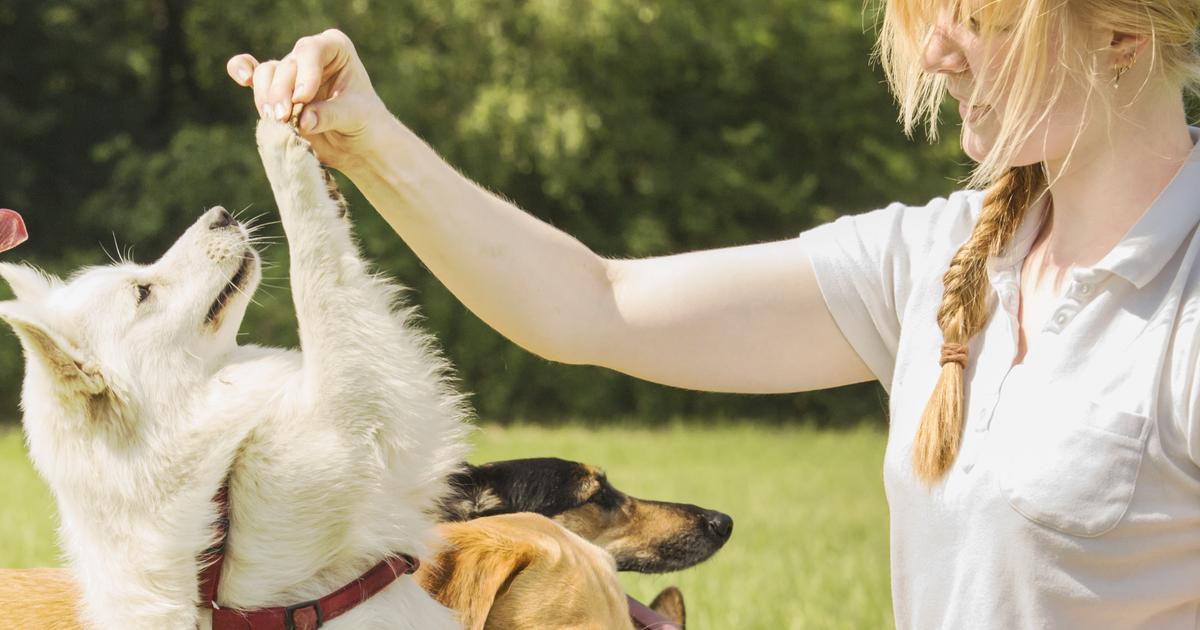
If you're not looking at a medical reason for your dog's behavior, the next logical step is to work with a professional dog trainer. A professional dog trainer can act as something of a behavioral psychologist for your dog, looking at aggressive behaviors, diagnosing the cause, and providing training that will help your dog rein in those aggressive instincts. Working with a trainer is often as much about training the owner as it is about training the pet, though, as a good pet trainer will help you to learn new ways to communicate with your dog and help you stop those problematic behaviors that can lead to your dog becoming more aggressive.
Read more about treating aggressive behavior in dogs now.
Limit Exposure To Triggers
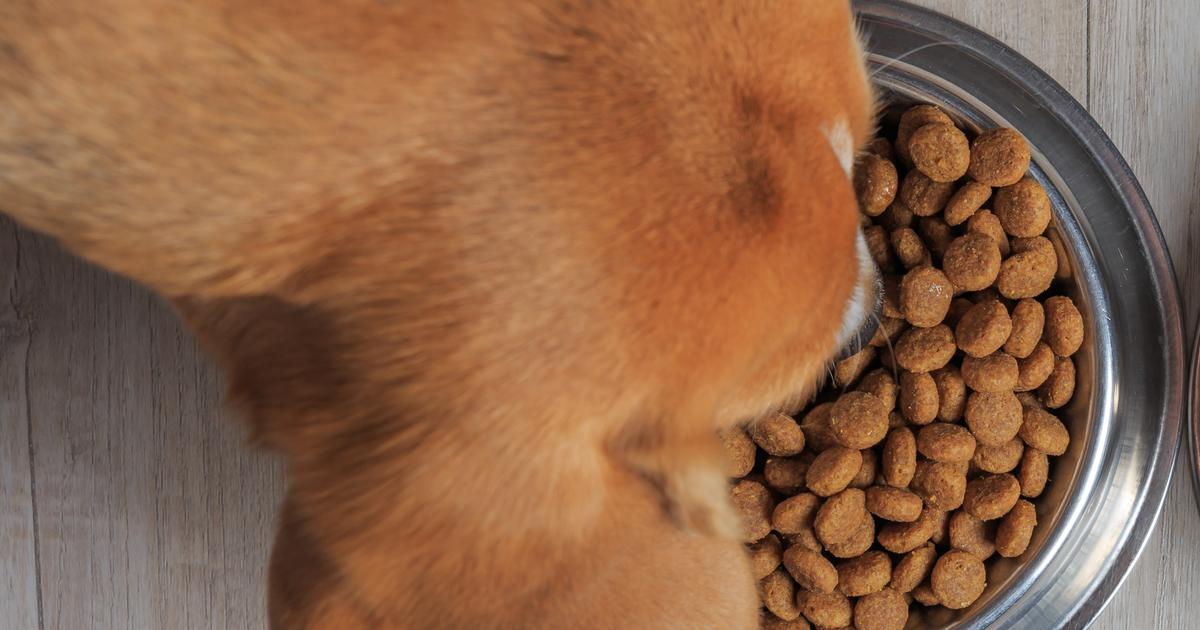
Some dogs don't need the training to avoid aggressive behavior. In fact, their aggressive movements have very little to do with how they have been socialized by their owners and much more to do with some kind of internal issue. In these cases, the best choice a dog owner can make is to help limit their dog's exposure to triggers. If your dog tends to get aggressive around other dogs, for example, you'll want to avoid those situations in which your dog is exposed to other animals. If they get aggressive around food, on the other hand, you'll want to feed them away from both people and pets. While this is an imperfect solution, it can help you avoid some of the more dangerous results of your dog's aggressive actions.
Uncover additional options for managing aggressive behavior in dogs now.
Reward Calm Behavior
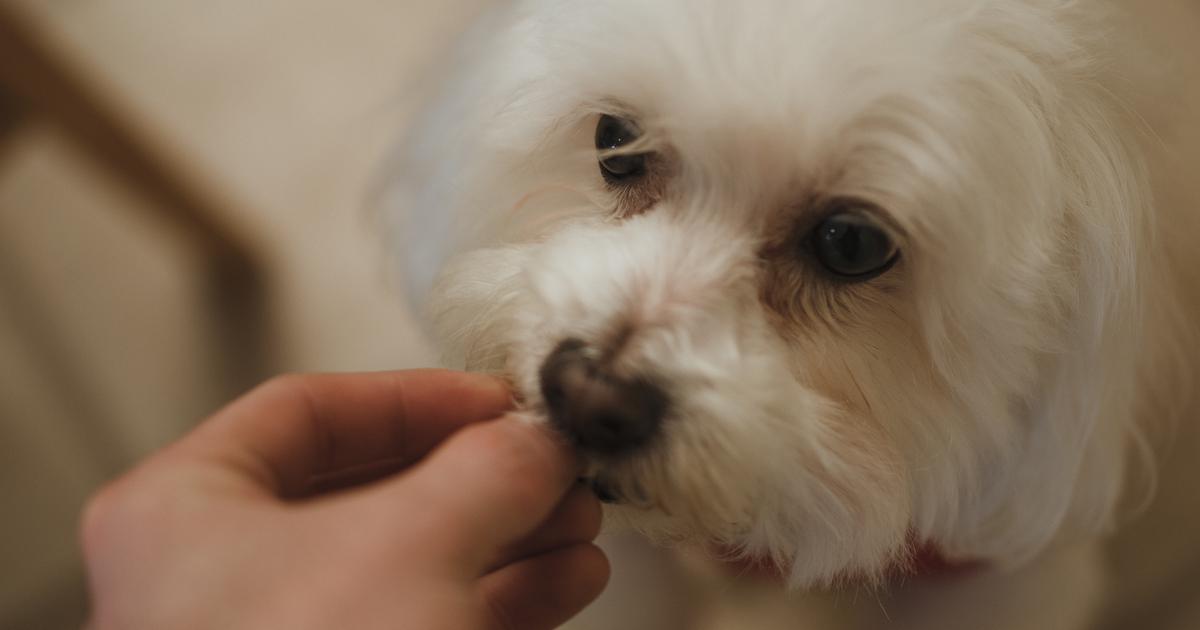
You may also benefit from teaching your dog how to calm down. Some dogs, just like some people, are wound a little tight. They react to any adverse stimulus by becoming aggressive, which can actually lead to even more stress for the dog. Your goal as an owner should be to reward your dog's calm behavior whenever possible. If your dog fails to react to a stimulus that would generally cause an aggressive reaction, praise them. If your dog manages to avoid growling when they see another dog, for example, it might be time for a treat. Anything you can do to reinforce the idea calm behavior is worth pursuing will help your pet. Try to reward calm behavior whenever you can for the best results.
Get more details on dealing with aggressive behavior in dogs now.
Don't Engage In Overly Rough Play Time
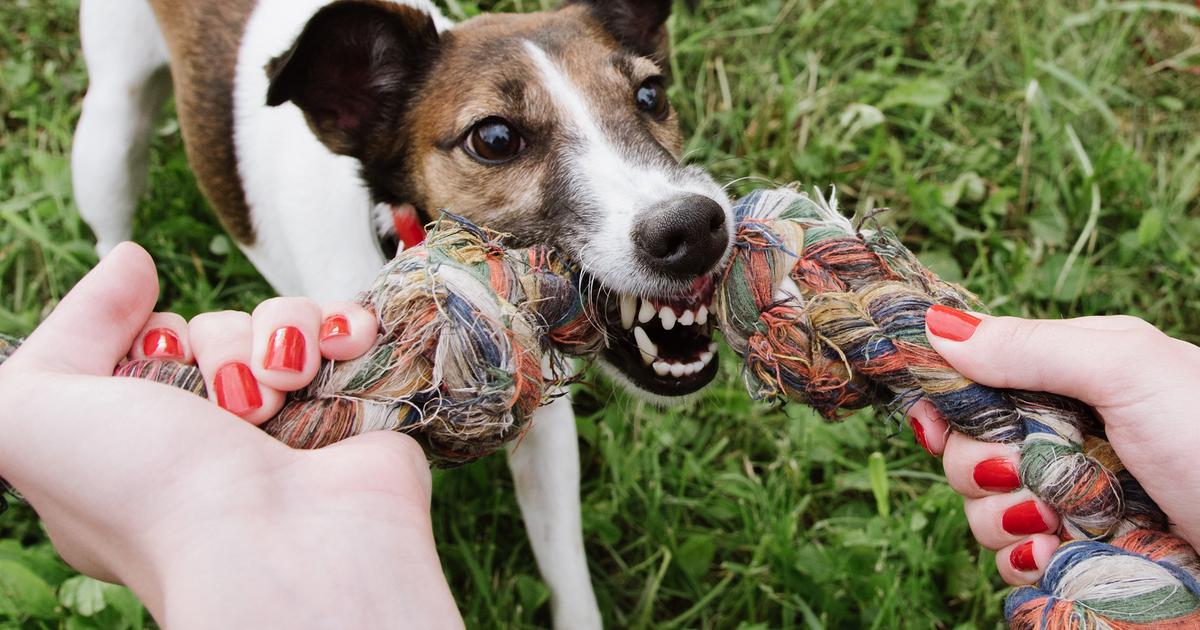
Some aggressive behavior isn't motivated by fear or irritability. Instead, this behavior is rooted in your dog's desire to play. For whatever reason, your dog could have been socialized to think aggressive actions including growling and biting are part of play behavior and they don't understand why that behavior isn't appropriate. If this is the case, don't engage in overly rough play time when you are with your dog. You can have a huge impact on your dog's behavior by cutting out the overly rough play and replacing it with something a little more sedate. You should still make sure your dog is stimulated and gets plenty of exercises, but cut out wrestling or playing tug of war to help your dog better understand playing isn't the same thing as showing aggression.
